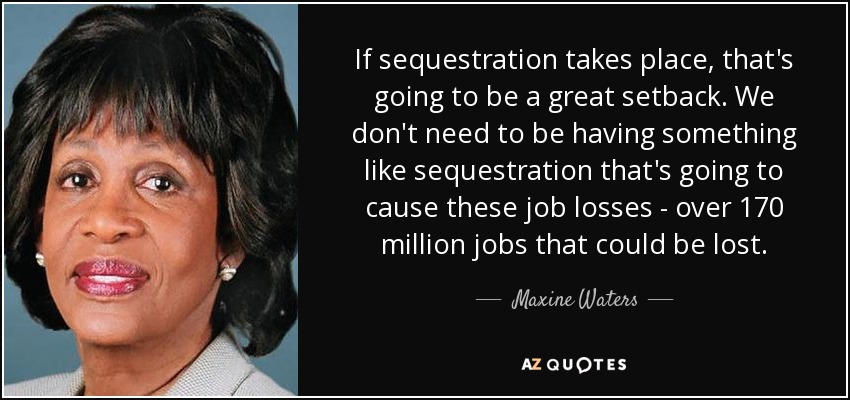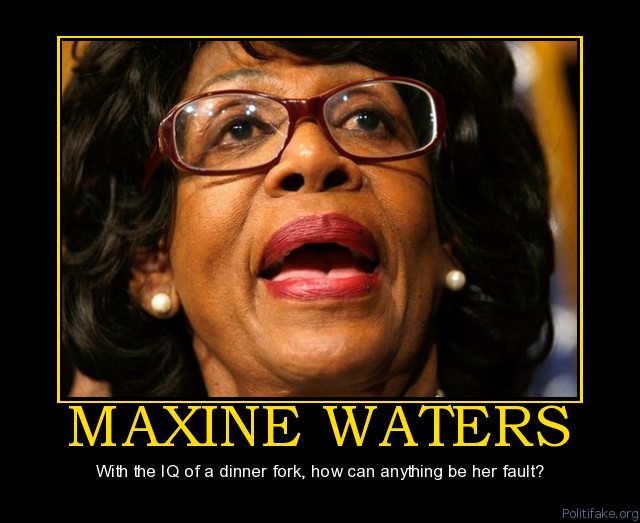These are people that spend their days pissing people off. They are people who get their jollies from making other people miserable or make life more difficult for the rest of us. People that if the drove off a cliff and died in a fiery ball of flames the world would be a much better place.


The filmmaker Michael Moore is one of the most popular of modern political commentators, however it is shown that he is often hypocritical about many issues which he is well-known for speaking about, including his making false claims of having ”working class” roots and being a ”populist who stands up for the little guy,” his investing in many of the companies he criticizes including defense contractors such as Haliburton, and his having hiring practices that he criticizes in others. [Note— Also Moore’s agent is Ari Emanuel, the brother of Obama’s original White House Chief of Staff Rahm Emanuel.]
Following are points describing the information contained in the chapter of Peter Schweizer's book Do As I Say (Not As I Do) speaking about Michael Moore.
— Michael Moore has become famous worldwide due to his books and films, and he has become extremely wealthy earning in the ”mid eight figures” so far, but Moore says ”I haven’t altered my life in any significant way” .. ”I think once you’re working class, you’re always working class.”(1) He has a well known persona of being a ”common sense average joe” who criticizes wealthy elitists and claims to give away up to 40 percent of his income.(2) However it is shown that his persona is manufactured, starting with him not having a blue collar background, and he is consistently hypocritical about most of the issues which he is well-known for criticizing.
— Despite his claims of being raised in the downtrodden blue-collar industrial town of Flint, Michigan, it is shown that Moore grew up in a relatively affluent middle class family in a neighboring suburb of Davidson, where he and his three siblings went to private Catholic School. His father had a comfortable job with General Motors and retired at the age of fifty-three.(3) Moore continued to proclaim Flint being his home, even fourteen years after living in the area when he wrote in the Los Angeles Times that he was ”heading home to Flint” after the Oscars in 2003.
— After graduating from High School, Moore started publishing a small newspaper called the Michigan Voice, which was heavily subsidized by John Stuart Mott, a grandson of one of the the founders of General Motors who shared Moore’s political views. Moore claimed that he made very little money before his first commercial success with the movie Roger & Me, but it is shown that in 1988 he received a $50,000 advance from a New York Publisher for a book about General Motors, and he received another $50,000 from Mother Jones after he was fired from his job as editor, as well as receiving a $20,000 grant from the consumer rights advocate Ralph Nader.
— An article published by the British Film Institute details that when Moore visited London for business such as promoting his film Roger & Me that he flew on the Concorde and stayed at the Ritz, but he booked a room at a cheap hotel down the street where he could meet with journalists while posing as a ”man of humble circumstances.”(5)
— Moore proclaims himself an ”economic populist” who can relate to people, but his targets are actually usually average Americans rather than wealthy Elites and CEOs. The New Yorker Magazine called him out on his actual intended audience in Roger & Me not being the working class but rather affluent liberal snobs of the Upper West Side, and the United Auto Workers condemned the movie. Other movies such as The Big One have been criticized for their real targets being ordinary citizens. It is also explained how Moore’s works are made popular overseas due to his reinforcing of negative American stereotypes.
— A common theme which Moore also communicates is that racism is rampant in America, and it is shown that despite Moore hilighting racial disparities in the entertainment industry, his widespread hiring for his own projects has not in any way lived up to the standards of racial diversity that he prescribes for others, with the large number of employees in senior positions that he has hired for his projects being almost exclusively white, despite Moore even writing in his book Stupid White Men that ”If you’re African American and you’d like to work in the media... then I encourage you to drop me a line and send me your resume.” It is described how out of 134 of Moore’s past and present higher level employees such as producers, editors, and cinematographers, only three were African American.
— It is also shown that Moore is also not committed to hiring ”working class” people as he has claimed, as most of his high level employees are shown to be entertainment industry veterans with previous high level experience such as producing movies and working on popular television shows.
Read more here....Surprising facts about the filmmaker Michael Moore, from the book ”Do As I Say (Not As I Do)” — News of Interest.TV


Following are points describing the information contained in the chapter of Peter Schweizer's book Do As I Say (Not As I Do) speaking about Michael Moore.
— Michael Moore has become famous worldwide due to his books and films, and he has become extremely wealthy earning in the ”mid eight figures” so far, but Moore says ”I haven’t altered my life in any significant way” .. ”I think once you’re working class, you’re always working class.”(1) He has a well known persona of being a ”common sense average joe” who criticizes wealthy elitists and claims to give away up to 40 percent of his income.(2) However it is shown that his persona is manufactured, starting with him not having a blue collar background, and he is consistently hypocritical about most of the issues which he is well-known for criticizing.
— Despite his claims of being raised in the downtrodden blue-collar industrial town of Flint, Michigan, it is shown that Moore grew up in a relatively affluent middle class family in a neighboring suburb of Davidson, where he and his three siblings went to private Catholic School. His father had a comfortable job with General Motors and retired at the age of fifty-three.(3) Moore continued to proclaim Flint being his home, even fourteen years after living in the area when he wrote in the Los Angeles Times that he was ”heading home to Flint” after the Oscars in 2003.
— After graduating from High School, Moore started publishing a small newspaper called the Michigan Voice, which was heavily subsidized by John Stuart Mott, a grandson of one of the the founders of General Motors who shared Moore’s political views. Moore claimed that he made very little money before his first commercial success with the movie Roger & Me, but it is shown that in 1988 he received a $50,000 advance from a New York Publisher for a book about General Motors, and he received another $50,000 from Mother Jones after he was fired from his job as editor, as well as receiving a $20,000 grant from the consumer rights advocate Ralph Nader.
— An article published by the British Film Institute details that when Moore visited London for business such as promoting his film Roger & Me that he flew on the Concorde and stayed at the Ritz, but he booked a room at a cheap hotel down the street where he could meet with journalists while posing as a ”man of humble circumstances.”(5)
— Moore proclaims himself an ”economic populist” who can relate to people, but his targets are actually usually average Americans rather than wealthy Elites and CEOs. The New Yorker Magazine called him out on his actual intended audience in Roger & Me not being the working class but rather affluent liberal snobs of the Upper West Side, and the United Auto Workers condemned the movie. Other movies such as The Big One have been criticized for their real targets being ordinary citizens. It is also explained how Moore’s works are made popular overseas due to his reinforcing of negative American stereotypes.
— A common theme which Moore also communicates is that racism is rampant in America, and it is shown that despite Moore hilighting racial disparities in the entertainment industry, his widespread hiring for his own projects has not in any way lived up to the standards of racial diversity that he prescribes for others, with the large number of employees in senior positions that he has hired for his projects being almost exclusively white, despite Moore even writing in his book Stupid White Men that ”If you’re African American and you’d like to work in the media... then I encourage you to drop me a line and send me your resume.” It is described how out of 134 of Moore’s past and present higher level employees such as producers, editors, and cinematographers, only three were African American.
— It is also shown that Moore is also not committed to hiring ”working class” people as he has claimed, as most of his high level employees are shown to be entertainment industry veterans with previous high level experience such as producing movies and working on popular television shows.
Read more here....Surprising facts about the filmmaker Michael Moore, from the book ”Do As I Say (Not As I Do)” — News of Interest.TV



















